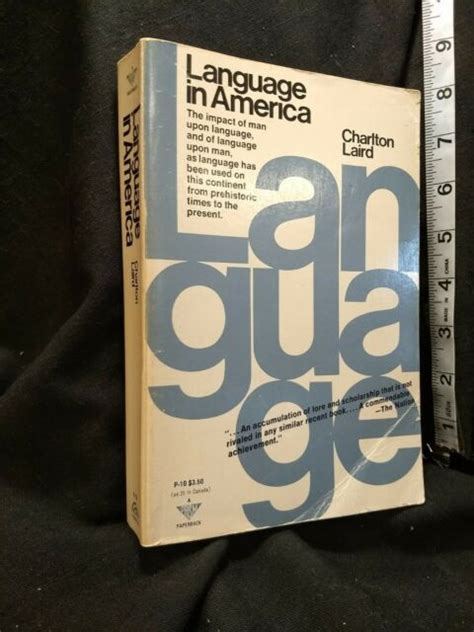A Quote by Michel de Montaigne
The greater part of the world's troubles are due to questions of grammar.
Related Quotes
People who think that grammar is just a collection of rules and restrictions are wrong. If you get to like it, grammar reveals the hidden meaning of history, hides disorder and abandonment, links things and brings opposites together. Grammar is a wonderful way of organising the world how you'd like it to be.
It is due to justice; due to humanity; due to truth; due to the sympathies of our nature; in fine, to our character as a people, both abroad and at home, that they should be considered, as much as possible, in the light of human beings, and not as mere property. As such, they are acted on by our laws, and have an interest in our laws. They may be considered as making a part, though a degraded part, of the families to which they belong.
Our conviction that the world is meaningless is due in part to the fact (discussed in a later paragraph) that the philosophy of meaningless lends itself very effectively to furthering the ends of political and erotic passion; in part to a genuine intellectual error - the error of identifying the world of science, a world from which all meaning has deliberately been excluded, with ultimate reality.
Why do leaders fail? Isolation and inability to learn. They are afraid to express doubt, admit vulnerability or seek advice from subordinates. Leaders must actively work to seek feedback and a reality check. They must be open to asking questions and framing issues. As the world becomes more complex and global, the risk of isolation becomes greater. The need for leaders to be open to learning becomes greater. Great leaders will need to ask the right questions and balance inquiry with advocacy.










































